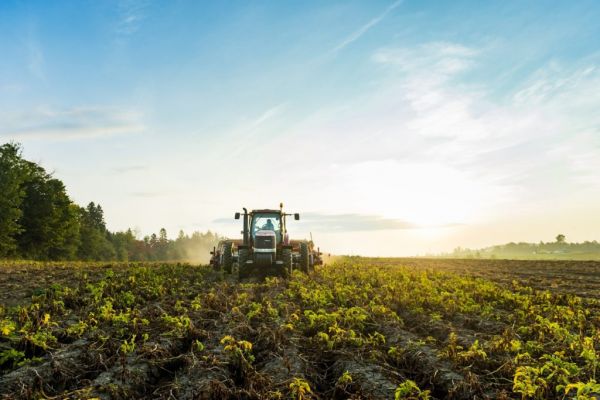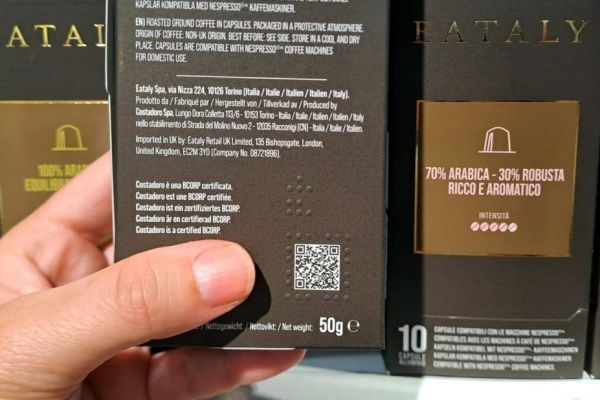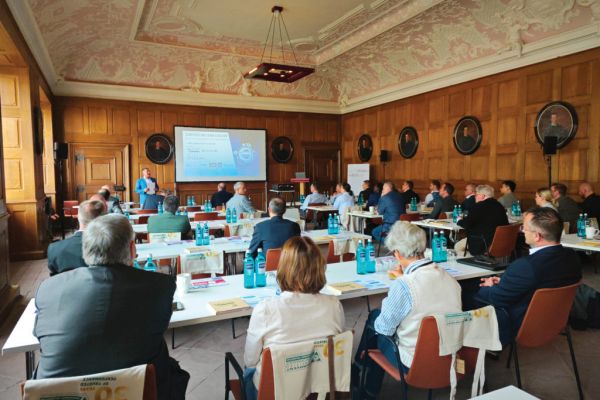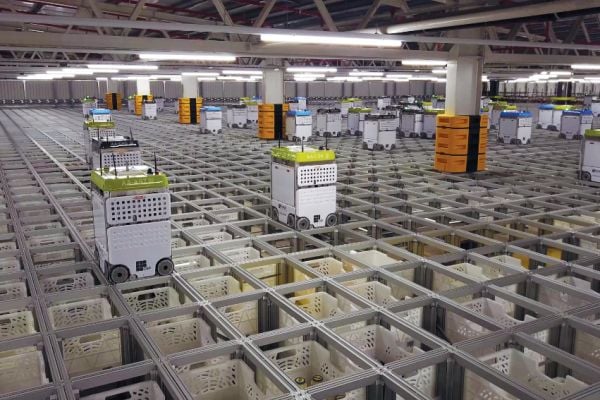The McKenna Institute at the University of New Brunswick (UNB) has secured an investment of $3.75 million (€3.49 million) from a partnership led by McCain Foods and other institutions in the Canadian province.
The partnership aims to set up a digital agriculture project to advance regenerative farming practices and minimise the impact of climate change on farmland, the company noted.
“This investment will go a long way in supporting the future of New Brunswick’s (NB) agricultural landscape,” said Hon. Frank McKenna, founder of the McKenna Institute at UNB.
“In this exciting partnership with McCain Foods, we look forward to enhancing research and innovation in the field of digital agriculture while exploring sustainable practices through digital solutions.”
Over the next five years, McCain Foods has pledged to invest $2.76 million to create a digital model that imitates farming with regenerative agriculture practices. The goal is to increase the uptake of more sustainable potato farming at a global level.
This model will act as a simulation for farmers, showcasing the environmental and business impacts of regenerative agriculture, McCain Foods noted.
The investment aligns with McCain Foods’ commitment to implement regenerative agriculture across 100% of its global potato acreage by 2030.
Digital Agriculture
In addition, ResearchNB, the Government of New Brunswick’s Department of Agriculture, Aquaculture and Fisheries, and the McKenna Institute have collectively contributed an additional $990,000 (€922,680) to the project.
This investment will be used to create a 'digital twin' of McCain’s Farm of the Future in Florenceville, NB, to enhance agricultural research at UNB.
This commercial-scale research farm will demonstrate sustainable farming practices, producing positive results on crop yield and quality while prioritising soil health, water use, biodiversity, and climate resilience.
Work at the Farm of the Future will reduce the carbon emissions associated with farming while bolstering the resilience and productivity of the farm.
“A key part of our effort to promote smart and sustainable farming is leveraging technology solutions to help us redefine the way we grow a potato,” stated Max Koeune, president and CEO of McCain Foods.
“This cutting-edge digital farm model will help potato farmers worldwide adopt practices that help regenerate soils, improve water management and biodiversity, and ensure a resilient farming operation."
Other Initiatives
UNB will set up a Chair in Digital Agriculture with $1.5 million (€1.4 million) of the contribution to oversee various research initiatives.
These include digital agriculture, crop simulation modeling, Geographic Information Systems (GIS), sensor data, and Internet of Things (IoT) devices to support these efforts.
Dr Paul J Mazerolle, president and vice-chancellor of UNB stated, “This investment will strengthen our research in digital agriculture and support our commitment to sustainability by developing practical solutions for the environment and the agricultural community.”
The investment will also support various academic-led research projects in agricultural science, regenerative agriculture, and smart farming practices based on interactive analytics and digital twin technologies.














